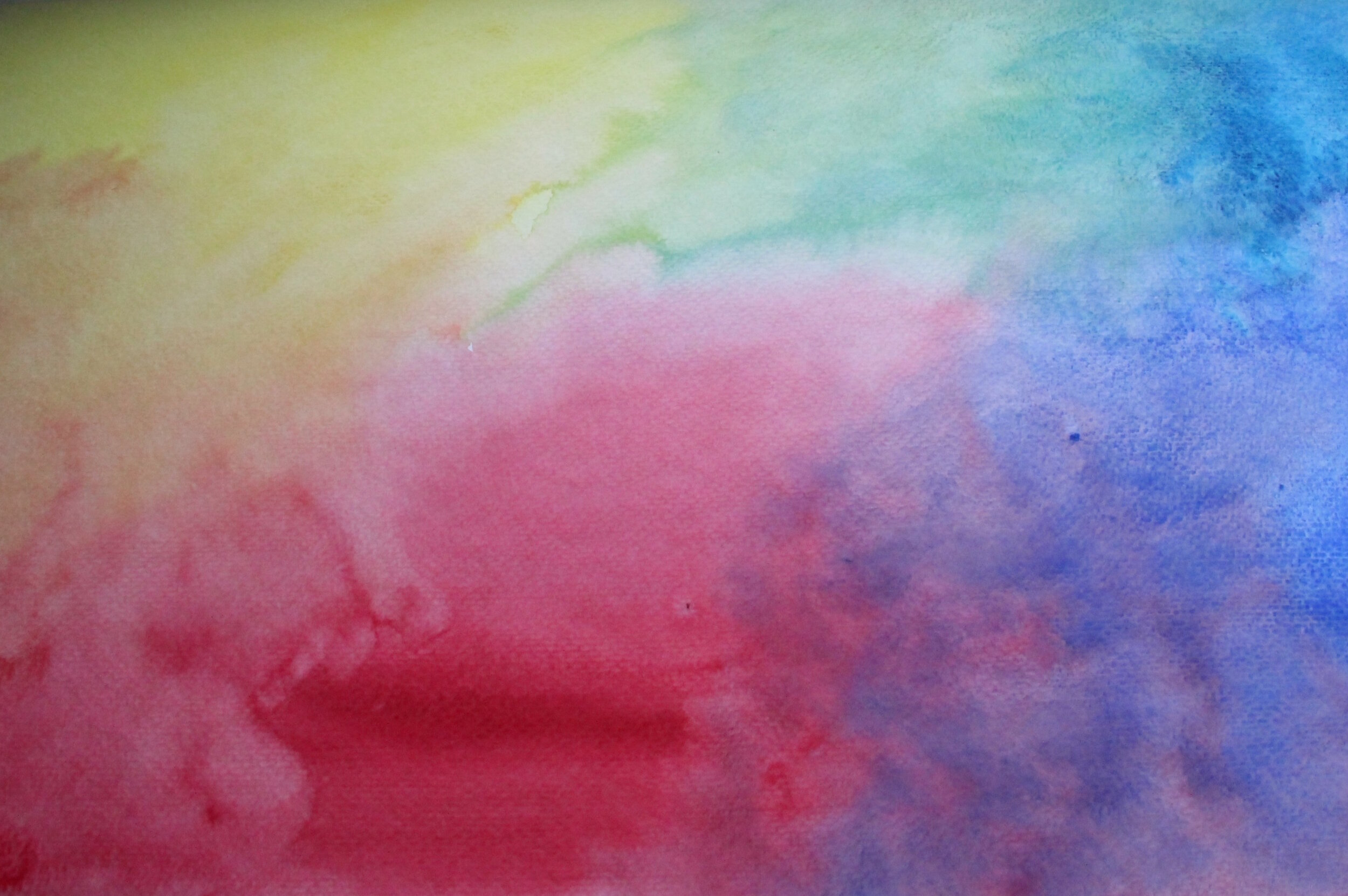
Meet Our Contributors

Lauren Hakala
Lauren received her Bachelor’s Degree at The Lab School of Keene State College and has completed fourteen graduate courses in Early Childhood Education at The University of New Hampshire. She was an Early Childhood Teacher at Keene State’s Child Development Center, and at UNH’s Child Study and Development Center. She taught while raising her son at Rise for Baby and Family in Keene, NH as well as the Lily Garden Learning Center in Walpole, NH. She has worked at The Orchard School in Alstead, NH and was an Administrator and Child Care Director at The Vermont Center for the Deaf and Hard of Hearing and for Windham Childcare Association before beginning her work at Sophia’s Hearth Family Center as Childcare Director and Early Childhood Teacher.
Lauren is currently working as the children’s librarian at her local library. She is also an artist and maker and enjoys living off the grid with her husband in the deep woods of New England.
More from Lauren:
Events with Lauren:
Stay tuned for upcoming events with Lauren!









When you are a parent of young children, planning what you have in your home and making a commitment to natural and handmade playthings is time consuming until you get the hang of how simple it can be. With just a few small doable changes, you will ease the chaos, slow things down and discover that creating in your home with young children is both possible and enjoyable.